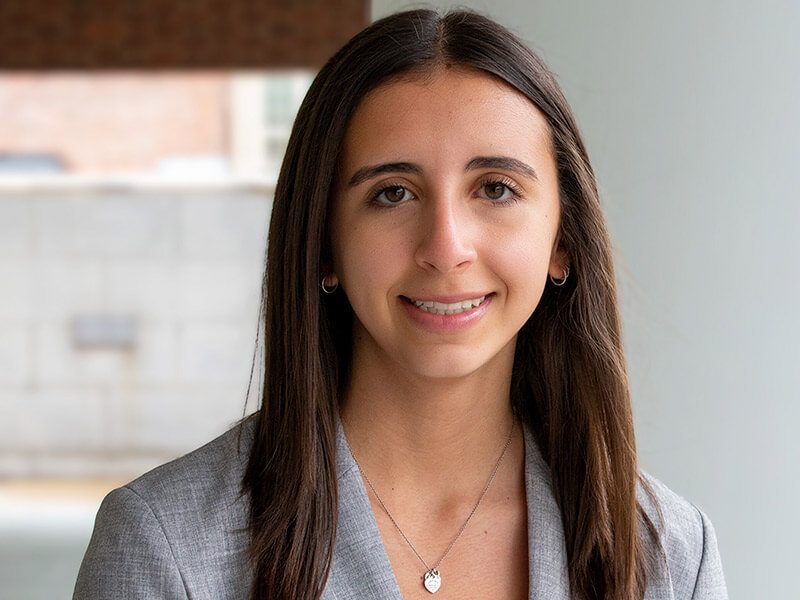Find Undergraduate Research Opportunities
A great way to enhance your undergraduate experience and develop skills that will be attractive to future employers is through undergraduate research. By participating in a research project, you may find a field you are interested in pursuing in graduate school—or even confirm what you are not interested in—and you will get to know your professors on a different level, in a different setting. There are many opportunities for Liberal Arts students to earn credits and/or wages by becoming a research assistant.
Think about what you’re interested in, and then start doing some research to identify faculty whose interests match yours. A good place to start is by exploring the many research labs in the College of the Liberal Arts.
Try the additional options below to find a project that works for you, whether in your home department or another unit.
- Visit Penn State’s Undergraduate Research website.
- Meet with a career coach in the Liberal Arts Career Enrichment Network.
- Visit your academic department website.
- Discuss possibilities with your academic adviser.
- Check out Penn State institutes and centers, especially the centers and institutes in the College of the Liberal Arts, as well as the Liberal Arts Sustainability Council.
- Check the positions posted on the University’s Nittany Lion Careers website.
- Talk with a professor whose class you especially liked.
- When you contact a professor about a possible research opportunity, approach the conversation as if you were applying for a job—because you are! Provide a copy of your résumé, and use your email inquiry as a cover letter to highlight the skills you can bring to the project and why you are interested in working with the professor.
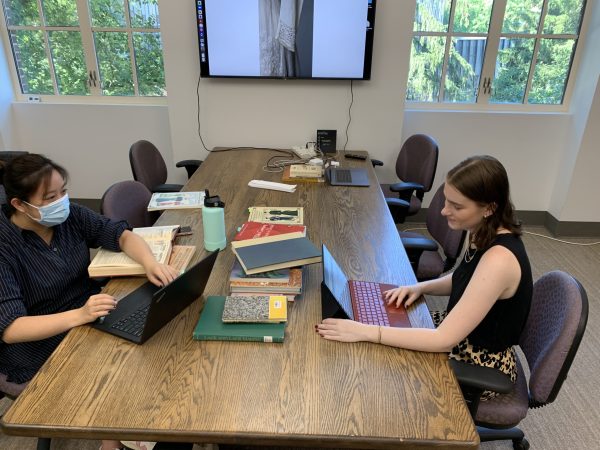
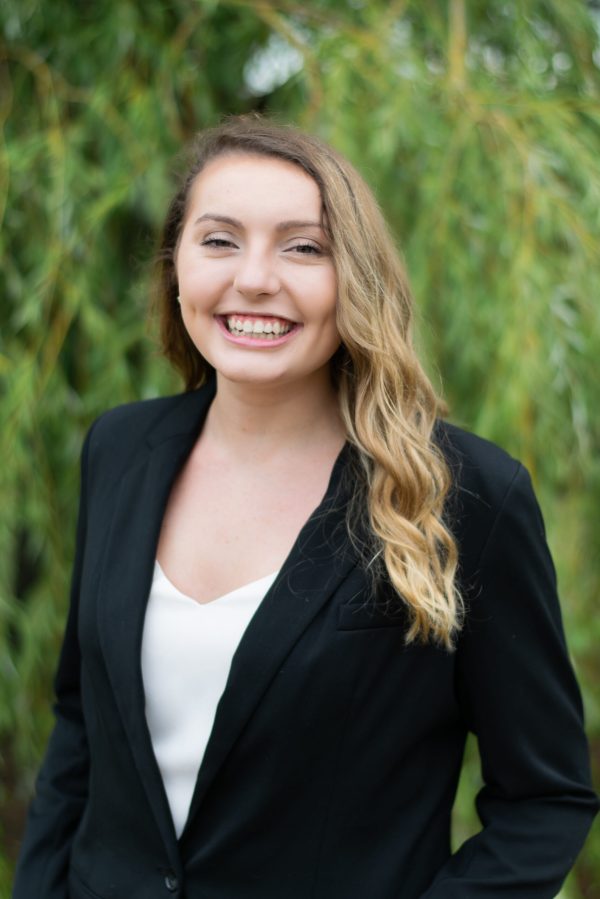
Find Funding
Depending on what type of research project you choose and when you participate, there may be costs associated with it such as living expenses, supplies and materials (books and software), travel expenses, and more. Students should fill out the general enrichment funds application through the Liberal Arts Career Enrichment Network to apply for research funding.
Several college and University programs offer additional undergraduate research support.
Liberal Arts Undergraduate Research Fund and the President’s Fund for Undergraduate Research
Liberal Arts students may apply for funds to facilitate or enhance your research project or enable you to work on a meaningful faculty-led research project during the academic year or summer. These funds may also be used to support an undergraduate research experience at one of the college’s research centers. Funds may be used to purchase supplies and materials (including books and specialized software), to reimburse travel to research sites, and/or to provide wage payroll support to student researchers, among other things. Projects culminate in a written report of the student’s work (evaluated by the faculty mentor) and a presentation at the Penn State Undergraduate Exhibition. Students may also receive 494 credit for their work.
Applications initiated by students must include a letter of endorsement from the faculty mentor. Applications may be submitted at any time and will be reviewed within a two–three week period. Students should fill out the Liberal Arts Enrichment Fund application to apply.
Faculty applicants may submit relevant materials via email to Susan Johnson at saj12@psu.edu. Be sure to (1) specify clearly what the research question is and how it will be answered; (2) indicate what activities the student will engage in in order to answer the question; (3) provide details on how the total budget was computed; and (4) for student-initiated applications, include a letter of endorsement from a faculty mentor.
Liberal Arts Student Award for Research on Sustainability
The Liberal Arts Sustainability Council supports students performing sustainability-focused research in the College of the Liberal Arts. Students can apply for funds to conduct independent research projects under the supervision of a Liberal Arts faculty member.
Erickson Summer Discovery Grants
The Erickson Discovery Grant Program, administered by the University’s Office of Undergraduate Education, provides funding to undergraduate students engaged in original research, scholarship, and creative work under the direct supervision of a faculty mentor.
The Erickson Discovery Grants are for student-initiated projects that provide experience in all facets of the research, scholarship, or creative processes. This includes conceptualization of a question or focus, proposal writing, identification and implementation of methods, and communication of results (reporting, exhibition, or performance). Projects should be primarily the student’s own work; although the project may be related to the supervising faculty member’s research or scholarly interests, it should not simply provide assistance to faculty work. The grants may be used to cover living expenses and project costs (supplies, materials, books, specialized software, travel for the purpose of data collection, etc.). Funds are deposited into student accounts and therefore may have an impact on student aid or be applied to outstanding charges.
Approximately fifty grants, each in the amount of $3,500, are available.
Applications are accepted by the Office of Undergraduate Education from early December through mid-February. Learn more about additional University funding sources for undergraduate students.
Note: These applications must include the specification of a research question, a description of the specific research activities the student will engage in, an itemized budget, and a letter of endorsement from a faculty mentor.
Undergraduate Research Conference Travel
Penn State undergraduates who are presenting the results of their research or creative work at national or regional professional conferences may request financial support to defray the costs of attendance at the conference. The student must be a conference presenter, and the presentation must be related to the student’s academic program. Apply for conference travel funding at least thirty days prior to the travel date.
Note: Please submit only one application for each presentation. If there are multiple undergraduate presenters for a project, complete only one application (under the name of one of the student presenters) and add the names of the co-presenters in the area designated on the application for additional participants.
If the request is approved, the costs will be equally split among the student’s college of enrollment dean’s office, the Office of Undergraduate Education, the sponsoring academic department, and if applicable, the Schreyer Honors College. The contribution from the Office of Undergraduate Education is capped at $400 per student. Students must be a conference presenter to be eligible for Undergraduate Education funding, and the presentation must be related to the student’s academic program.
Sarah Paterno
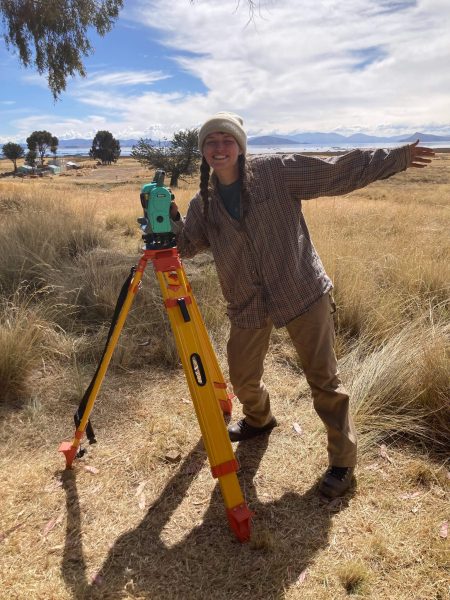
Caden Vitti
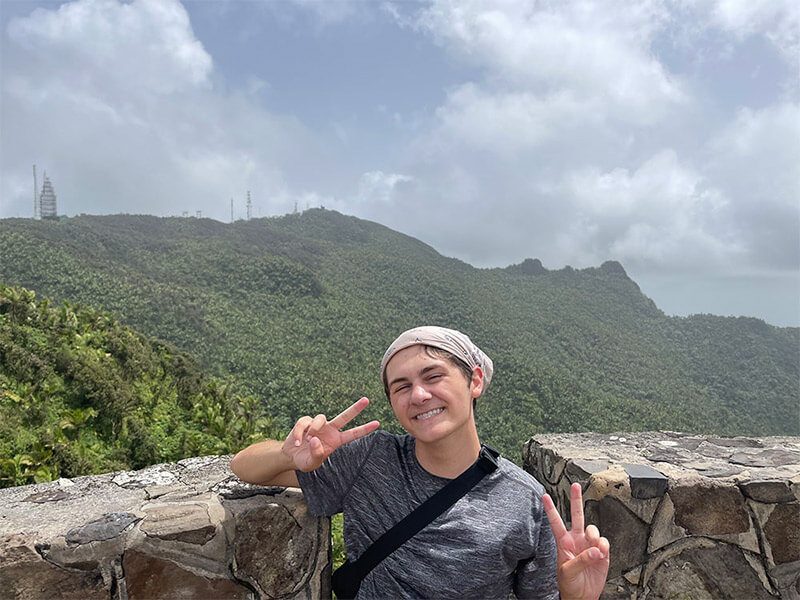
Melody Munitz
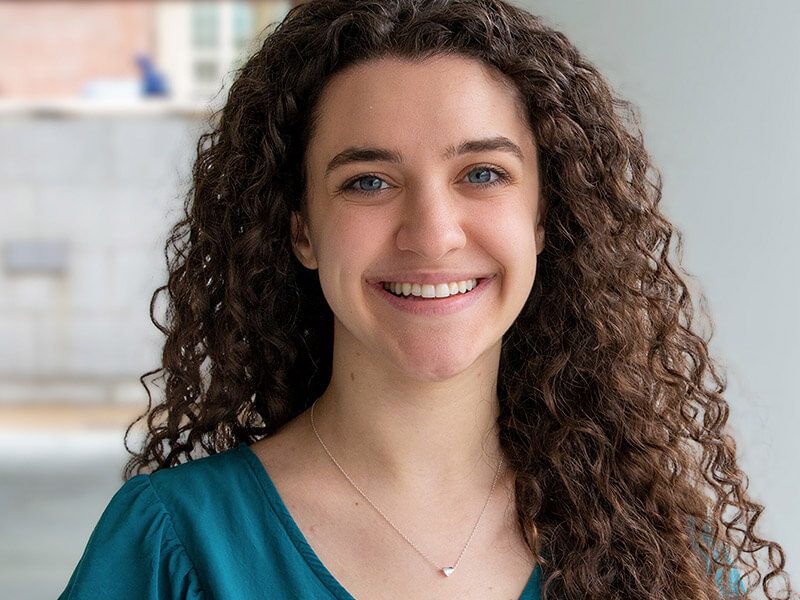
Luisina Kemanian-Leites
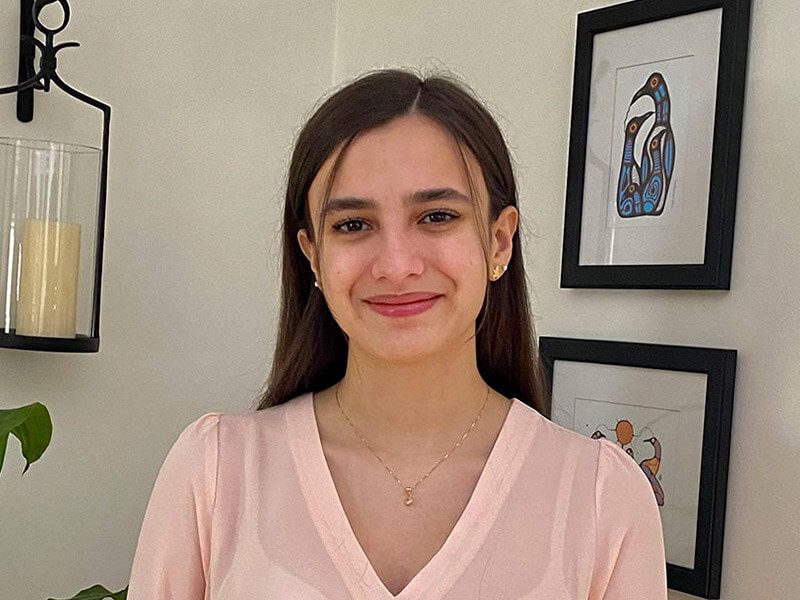
Carter Gangl
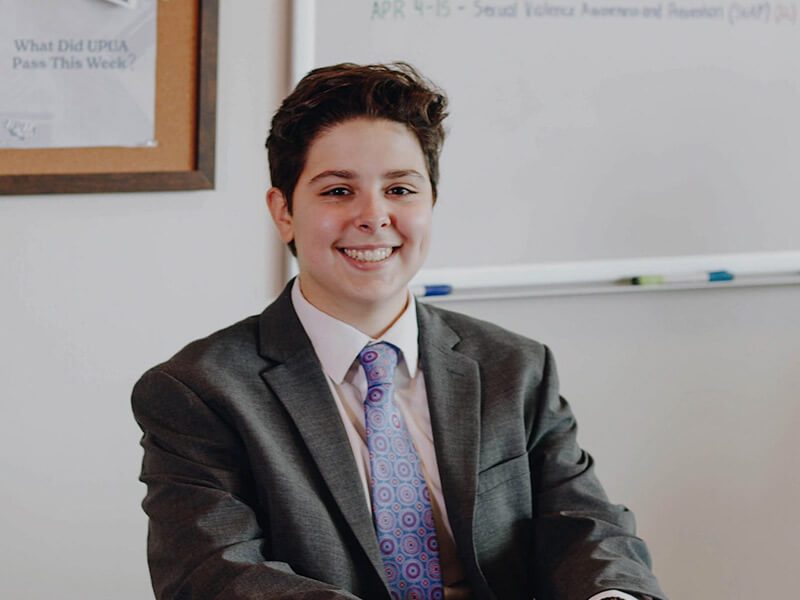
Emma Cohen
